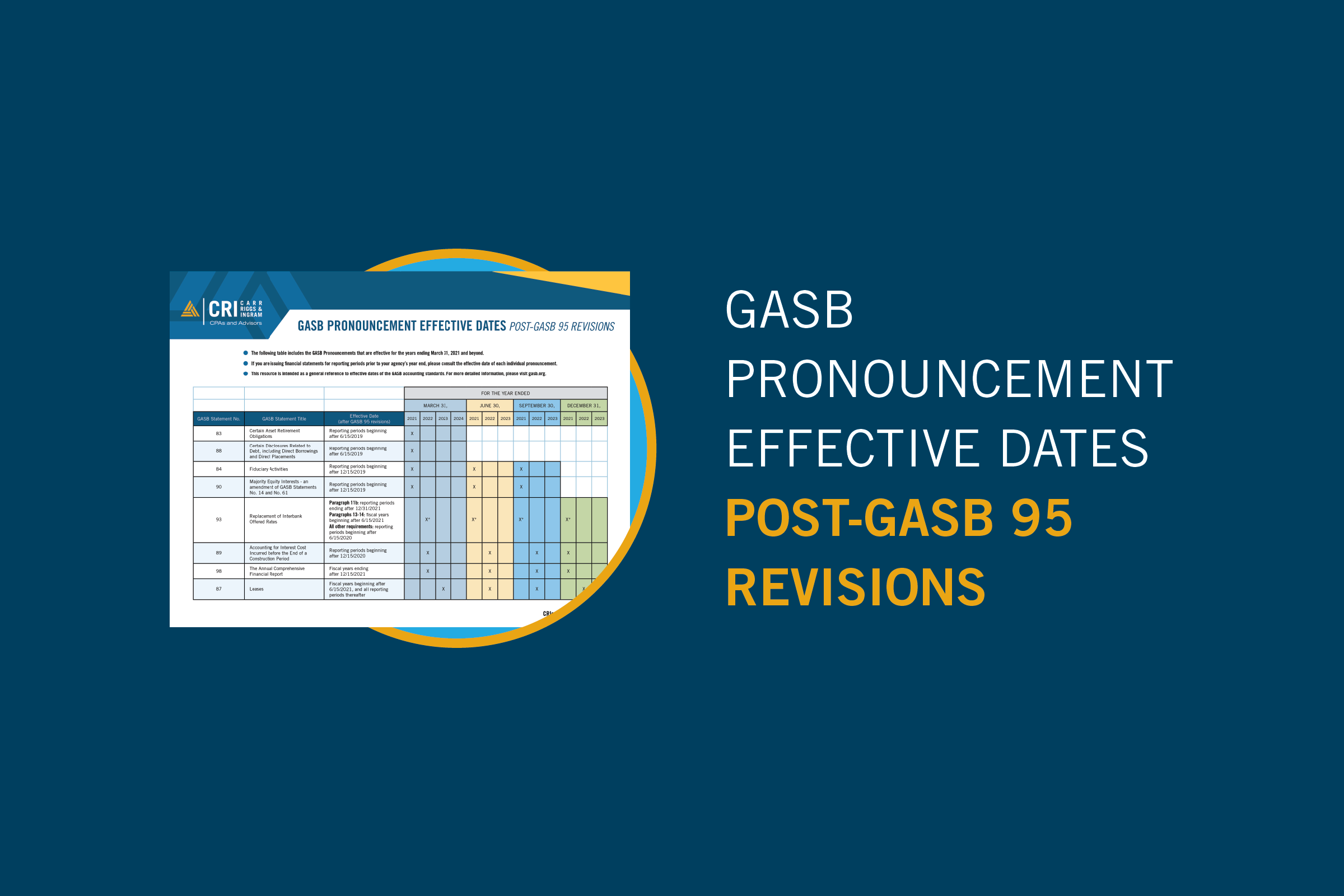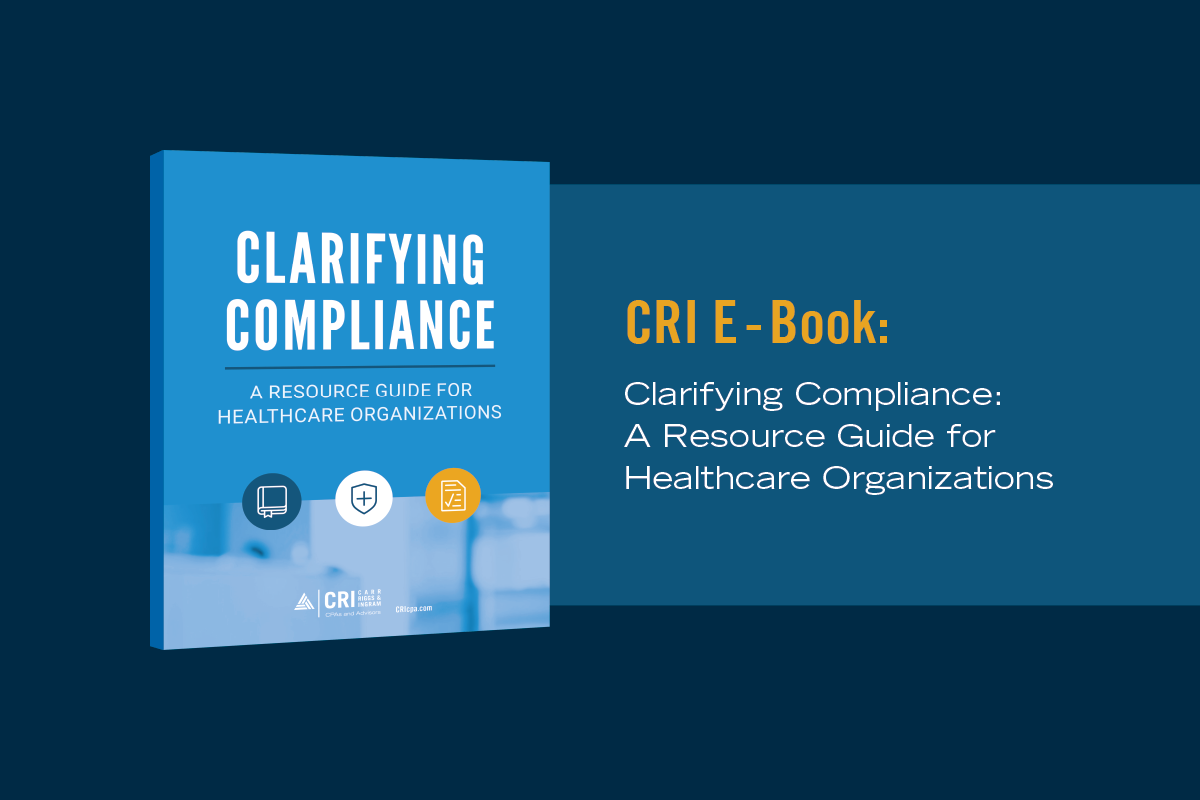Revenue Recognition Implementation for Common Interest Realty Associations
- Contributor
- Rich Moreira
Apr 18, 2023
The Financial Accounting Standards Board (FASB) approved revenue recognition standard, Accounting Standards Codification Topic 606, Revenue from Contracts with Customers ("ASC 606" or the "revenue recognition standard"), applies to most organizations and businesses, including condominium and homeowner associations, because an Association's relationship with its members generally meets the definition of a contract with a customer. The standard enhances financial statement usefulness by reflecting the transfer of promised goods or services to the Association's members in exchange for consideration, matching revenues and expenses, and providing more robust revenue recognition disclosures.
Impacts
With the implementation of this standard, association management will assess each revenue stream using the following process:
- Identify the contract with the customer (e.g., the Declaration of Condominium or similar document is the contract for members; the beach service contract is the agreement for beach service providers).
- Identify the separate performance obligations in the contract. The following performance obligations are typical (and, when present, will require assessment and allocation) for Associations:
- Operating assessment – generally maintaining and managing common area(s)
- Replacement or reserve assessment – funds set aside for specific purposes (e.g., replacements or other specific items)
- Reserve interest – the interest earned on bank, investment, or reserve accounts
- Special assessments – e.g., assessments for operating shortfalls, projects, or loan repayment.
- Determine transaction price (generally, assessment fees are determined by the Board approved budget)
- Allocate the transaction price to the separate performance obligations. Those identified in step 2
- Recognize revenue when the services have been performed.
While each Association's facts and circumstances will differ, the following recognition patterns should be expected.
| Perfomance Obligation | Expected Recognition | Perfomance Obligation |
| Operation Assessments | Periodic Basis | Similar to current practice |
| Replacement/Reserve assessments | When the related expenditures occur (not in the year of assessment) | Significant change in practice. Unspent reserve assessments should now be presented in a liability such as a performance obligation liability. Prior year reserves will require this treatment retroactively upon adoption. |
| Reserve interest | When earned or received | Similar to current practice |
| Special assessments – Operating/Working Capital | Normally in the period assessed | Similar to current practice |
| Special assessments – Projects or Loan repayments | When the expenditure is made | Similar to current practice |
| Other considerations | Bad debts | ASC 606 requires uncollectible portions of assessments to be a reduction of the assessment upfront, not bad debts later. So a more robust assessment of creditworthiness may be necessary. |





















































































































































































































































































































































































































































































































